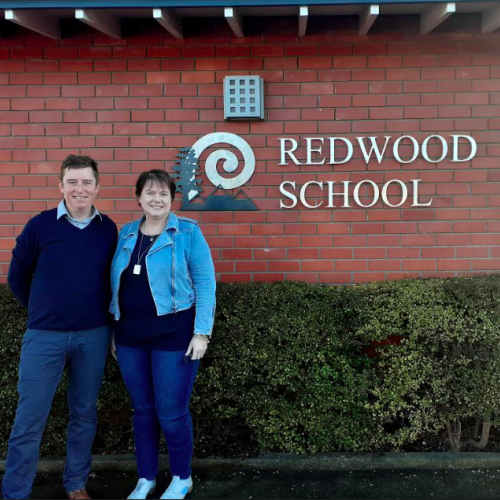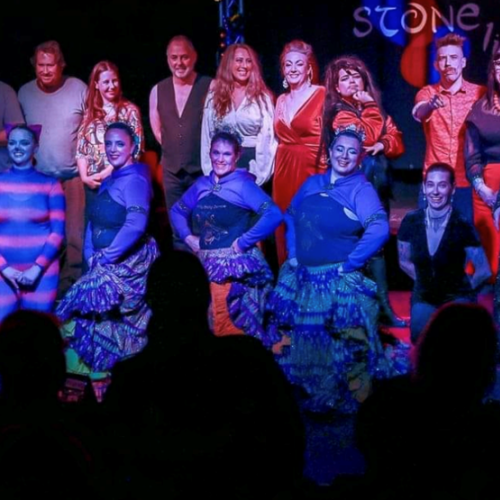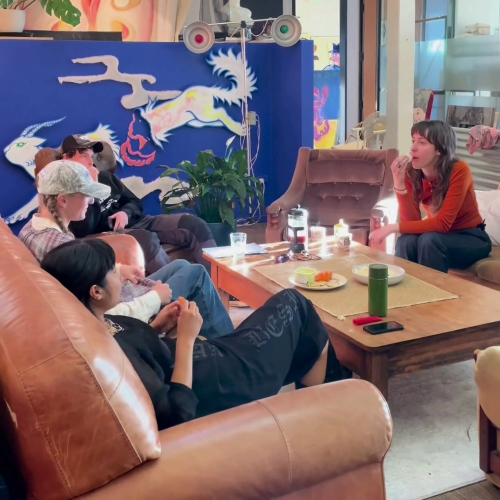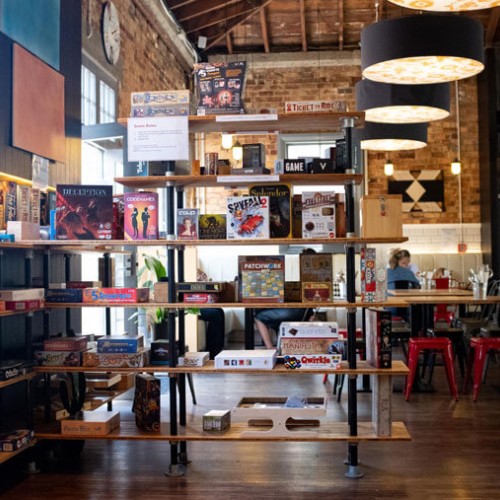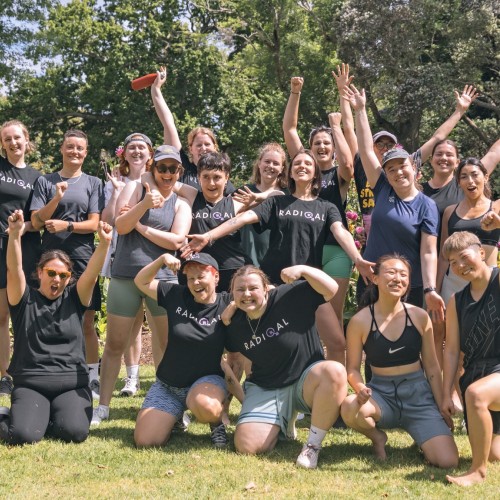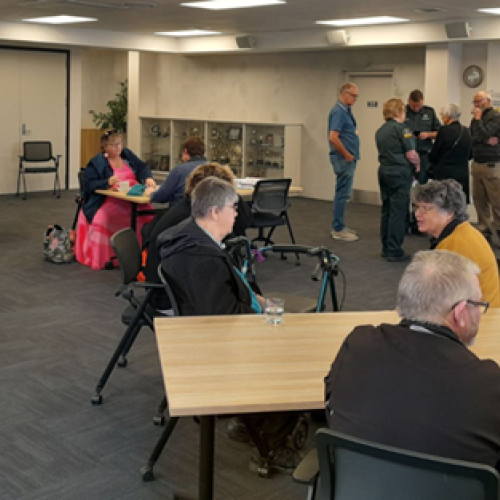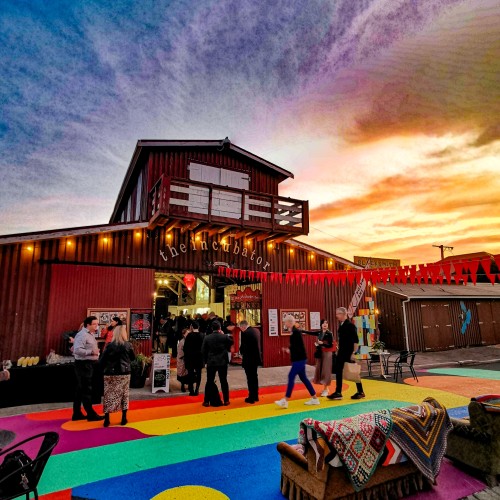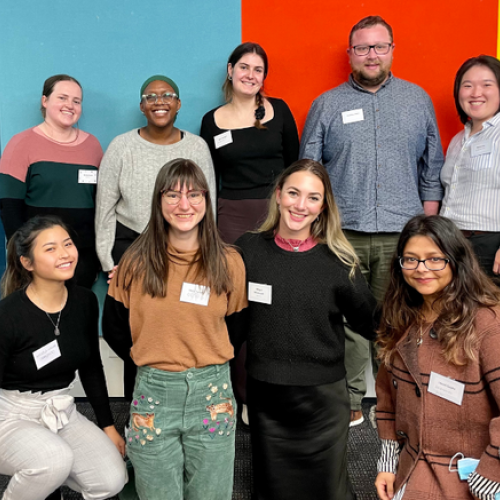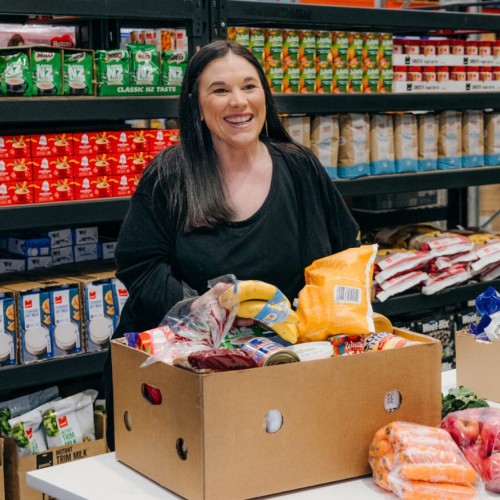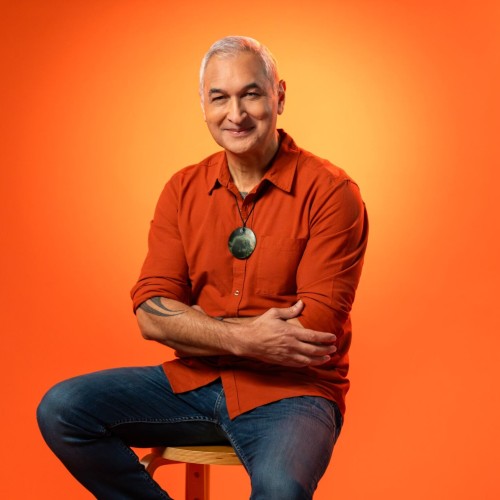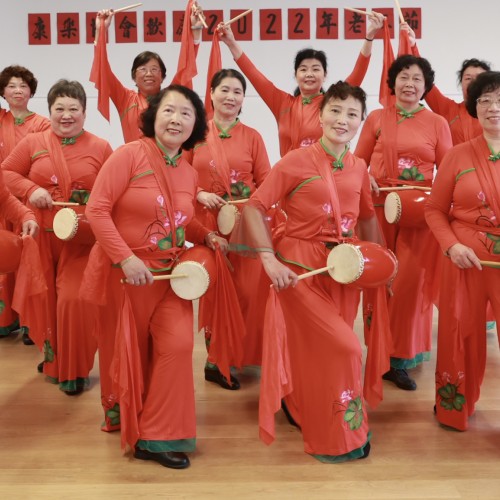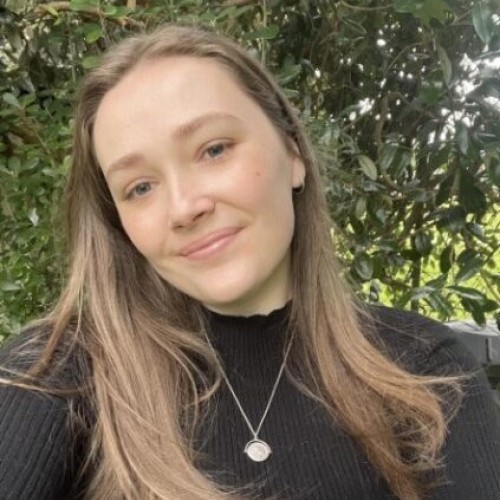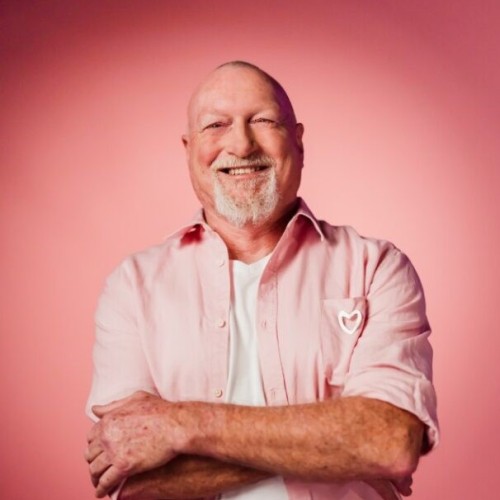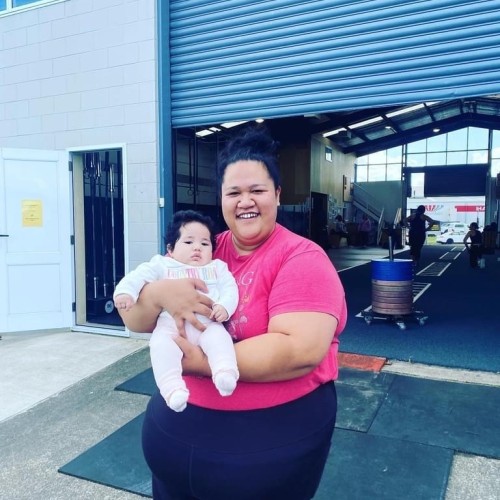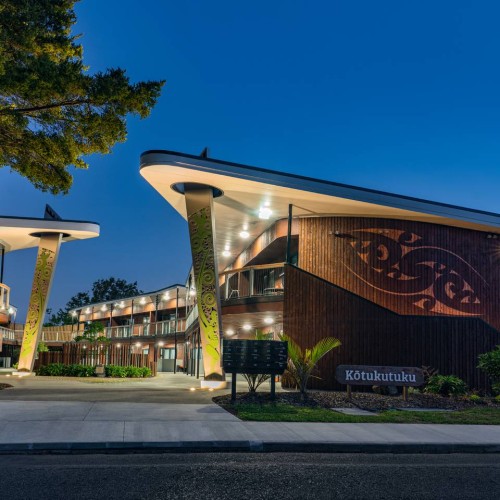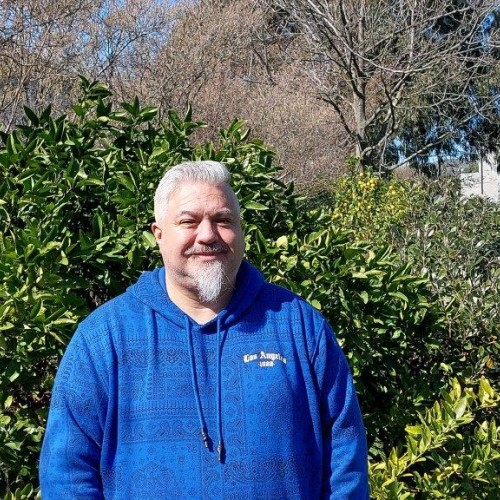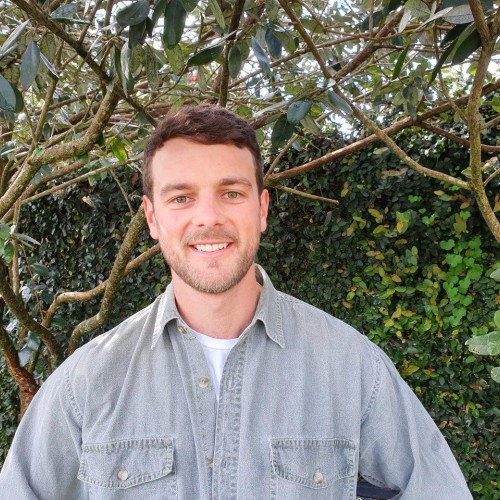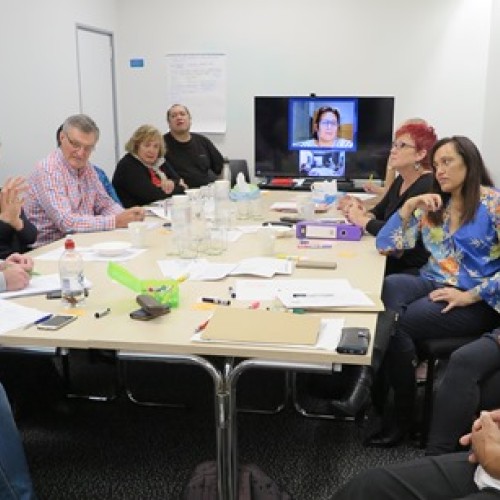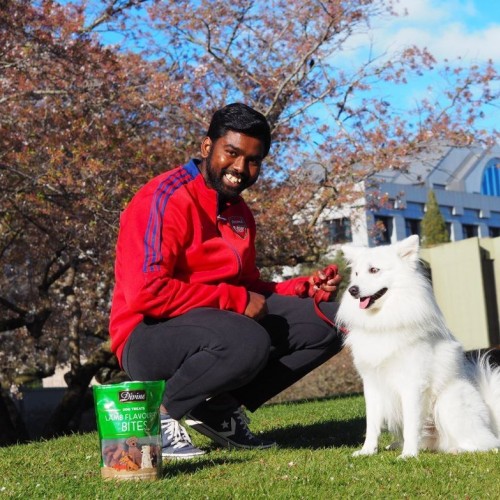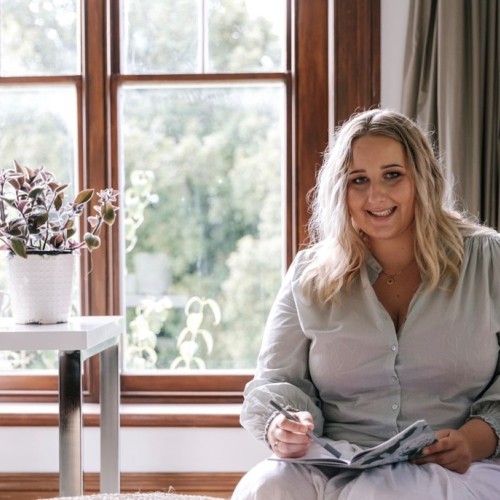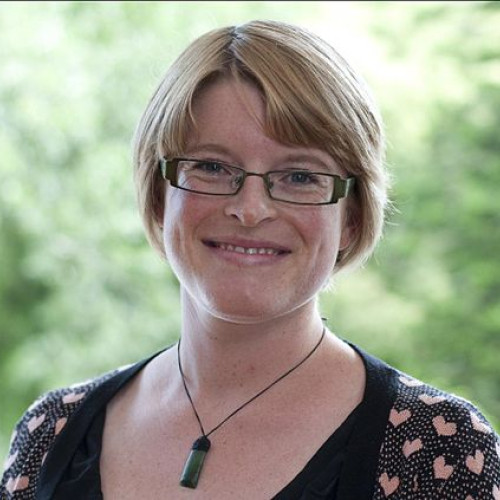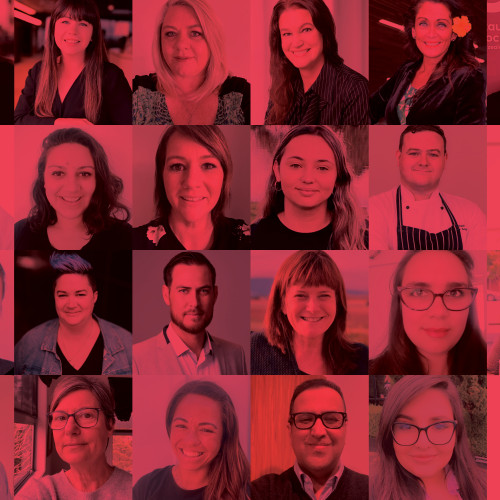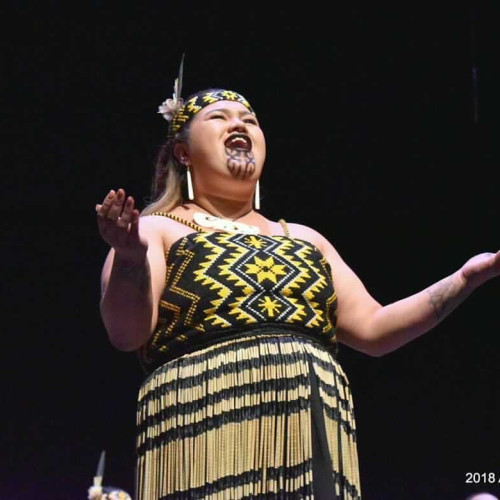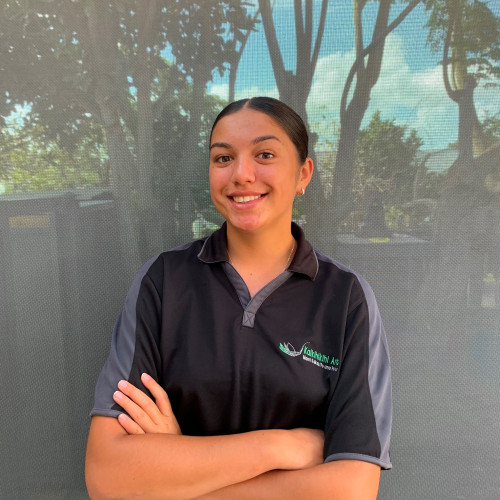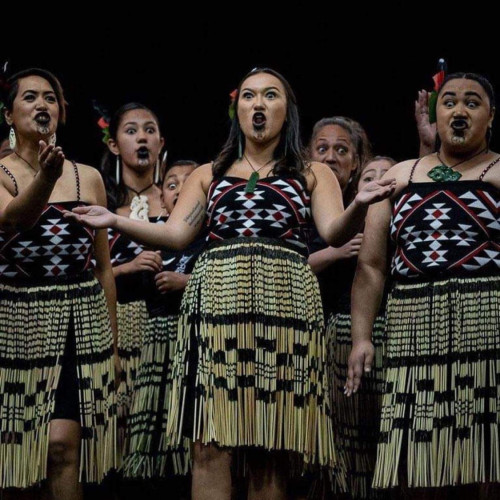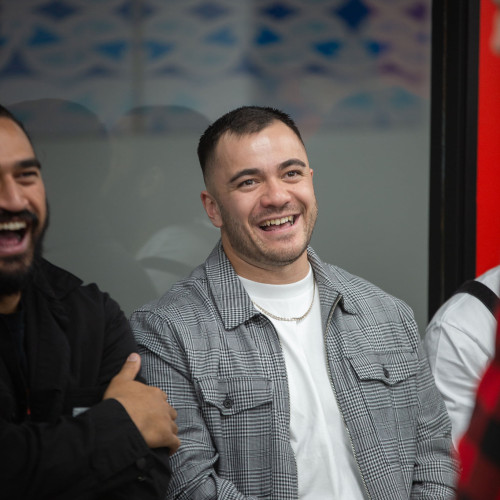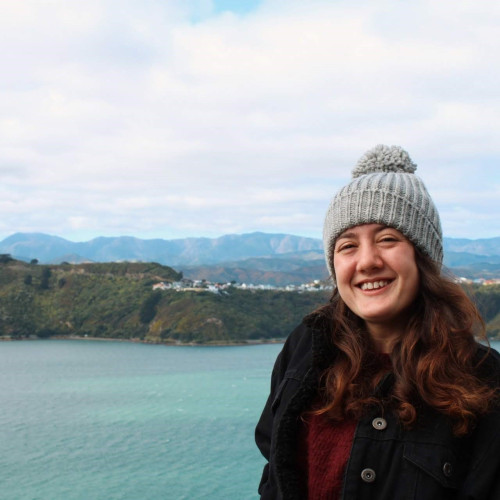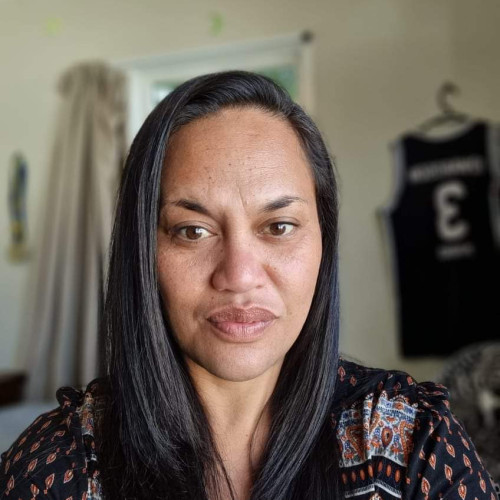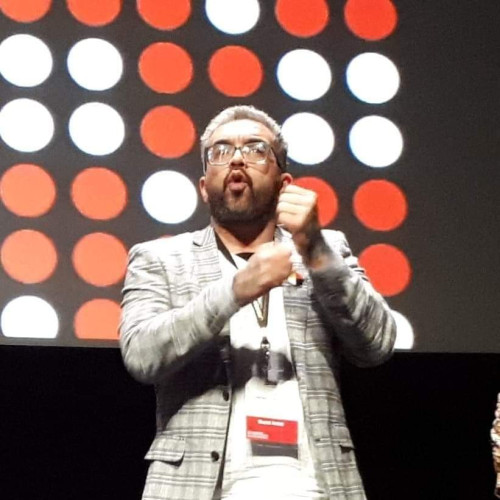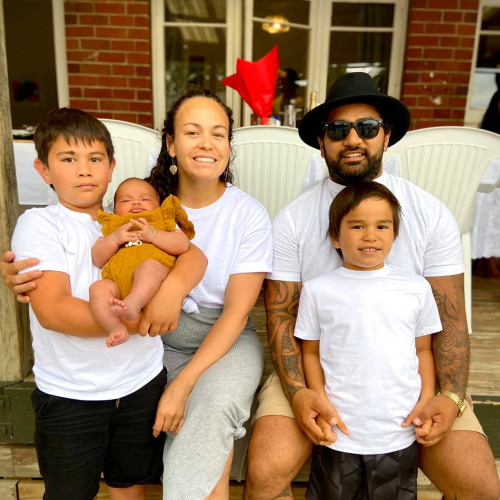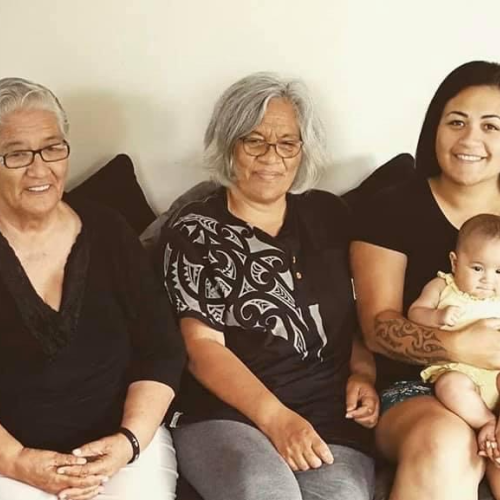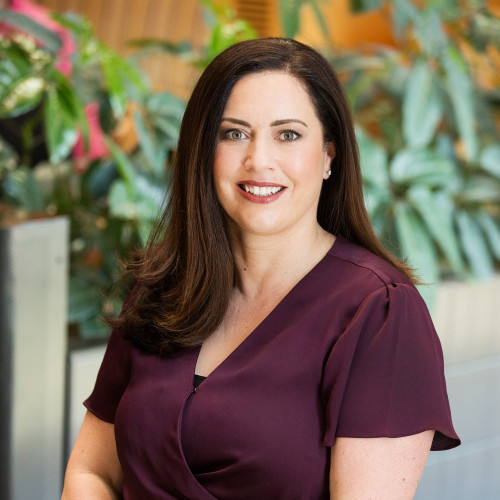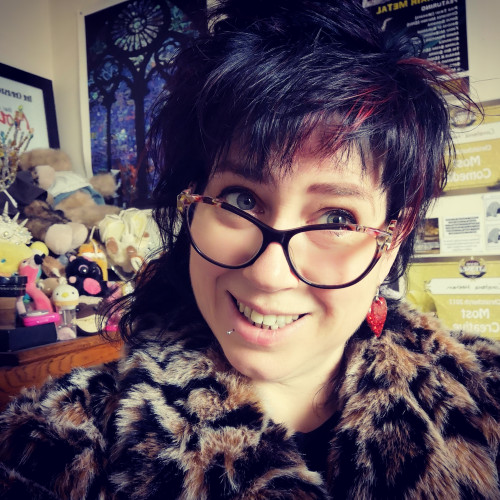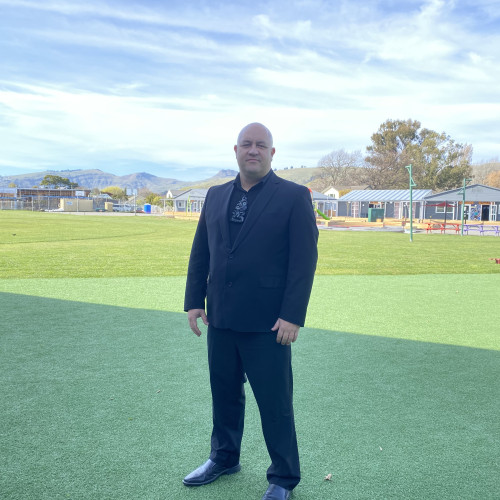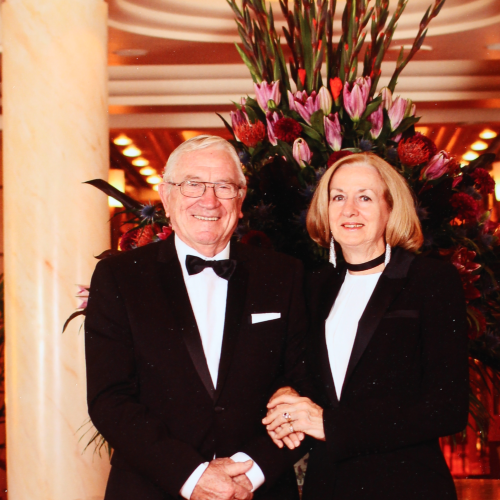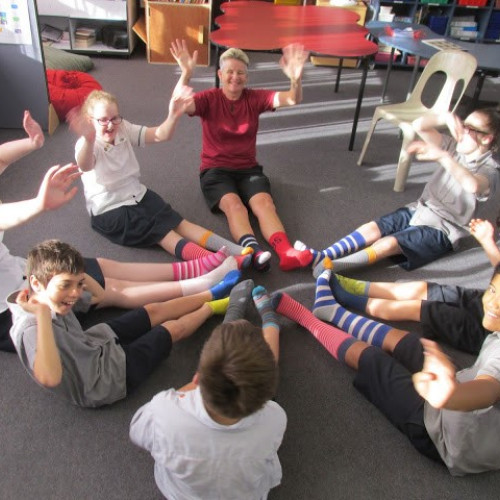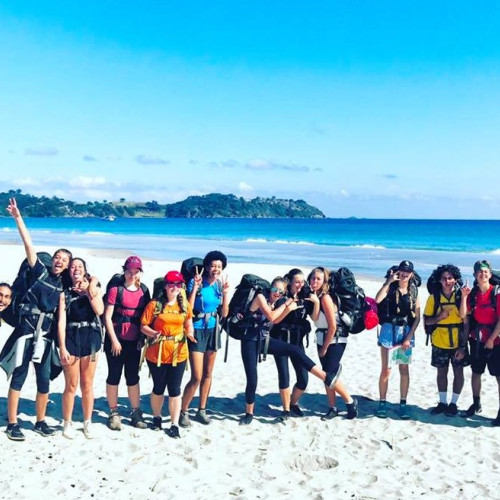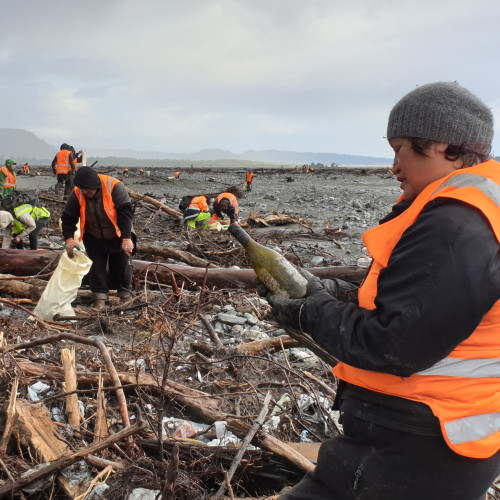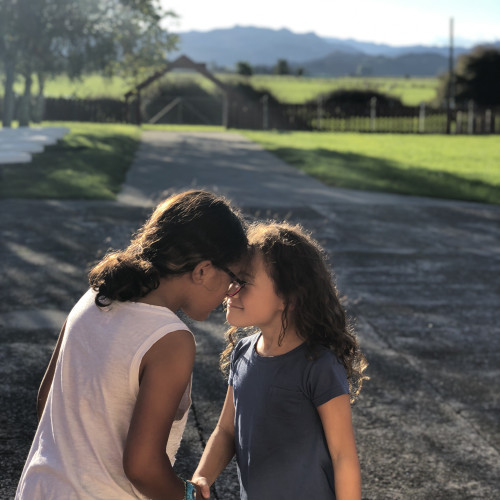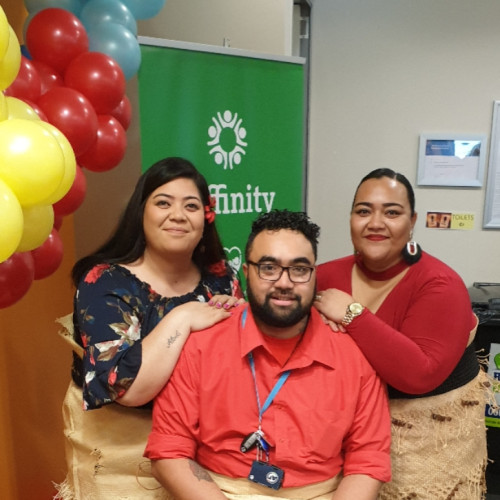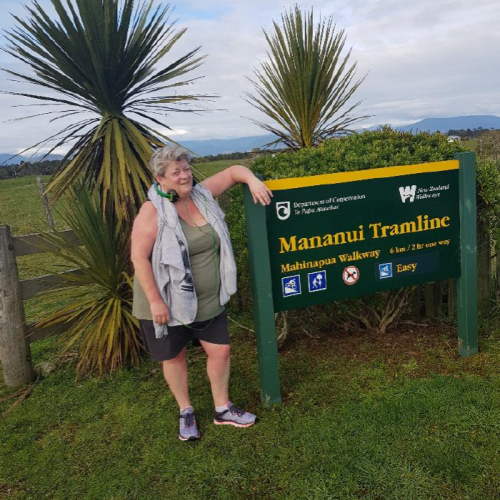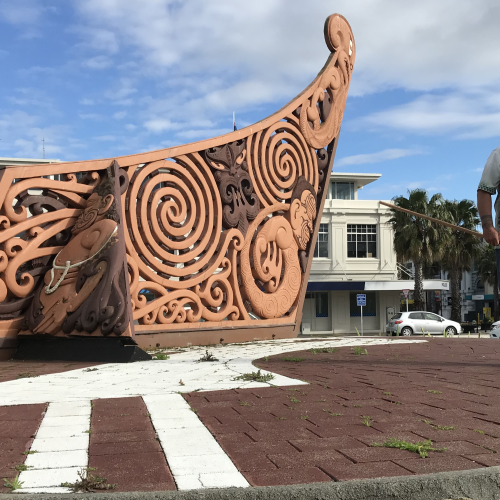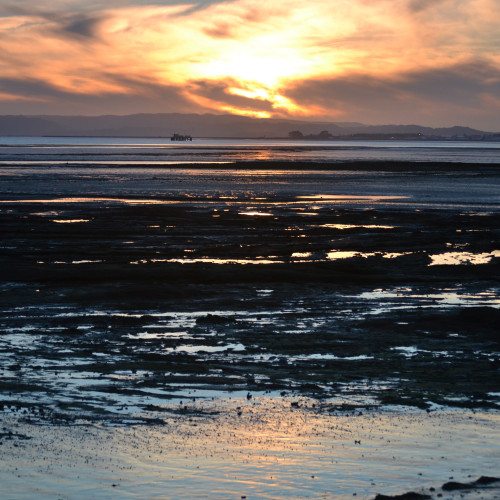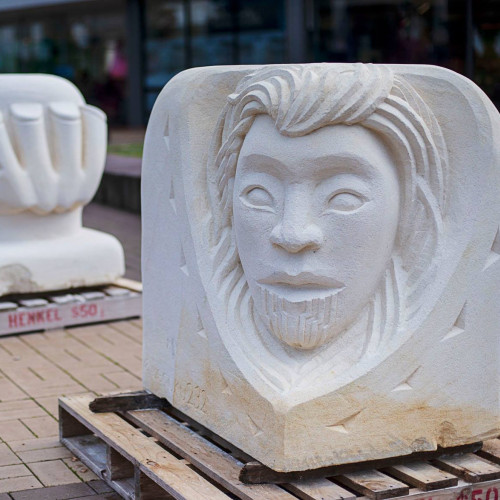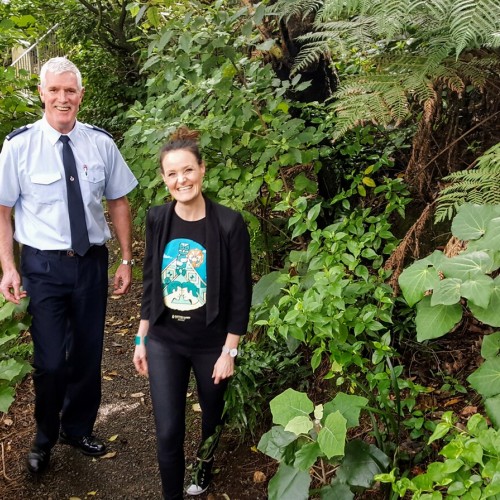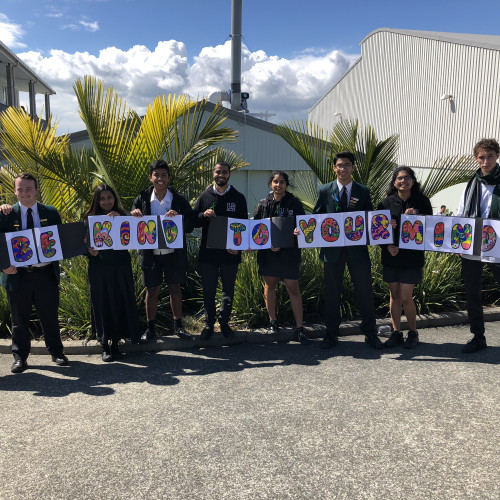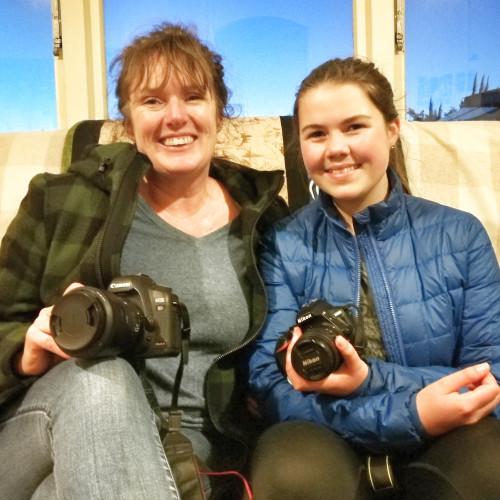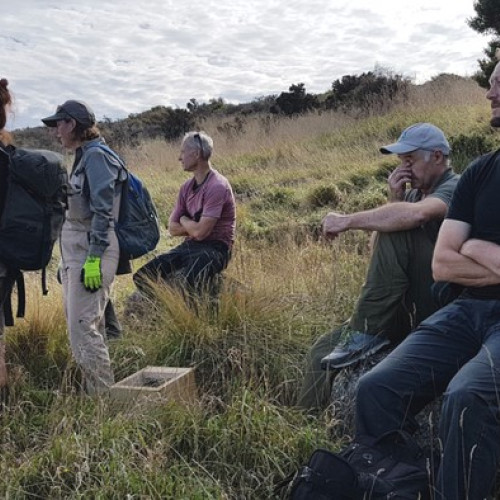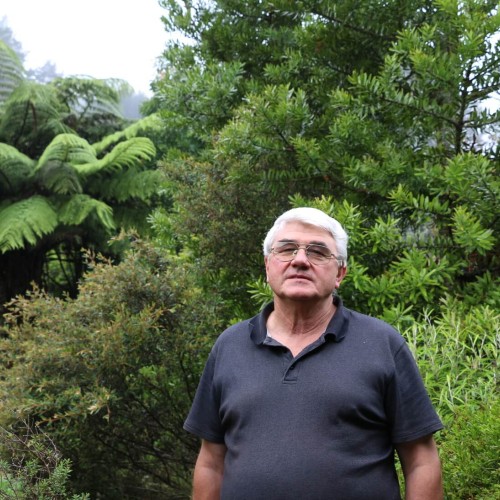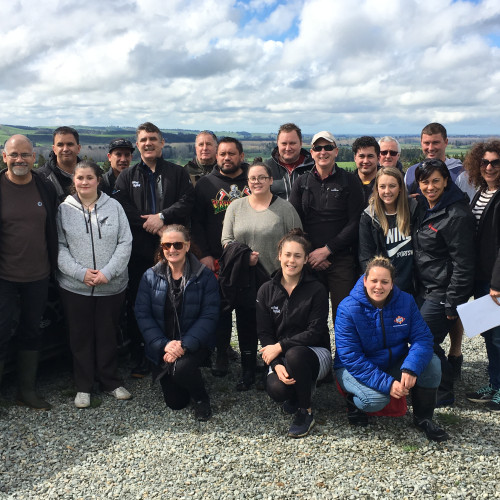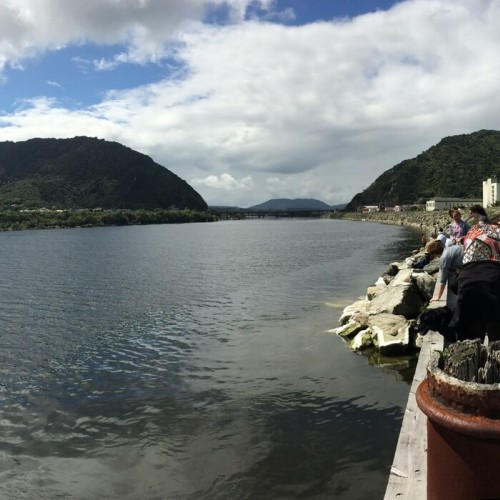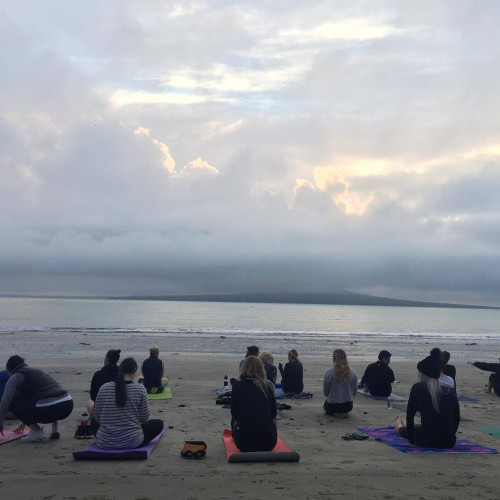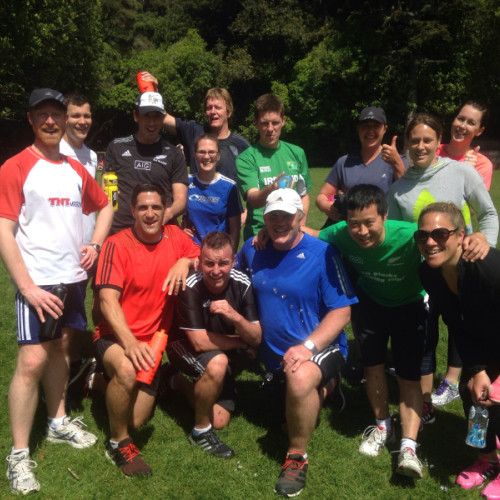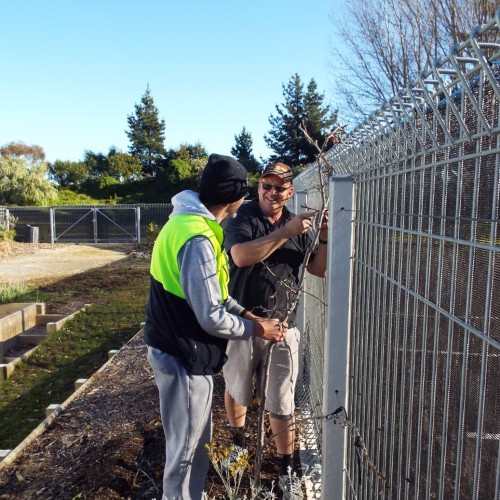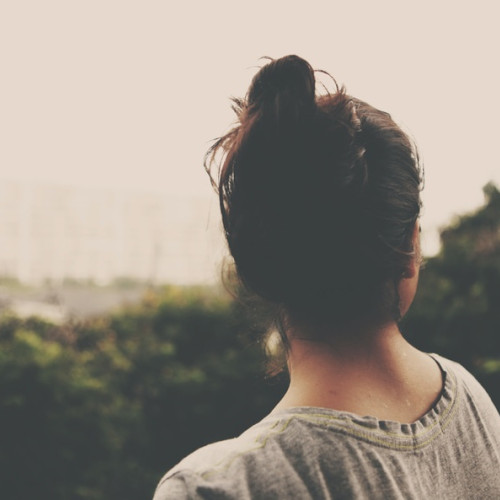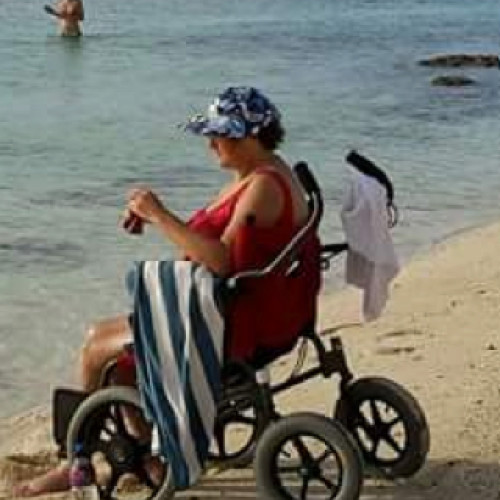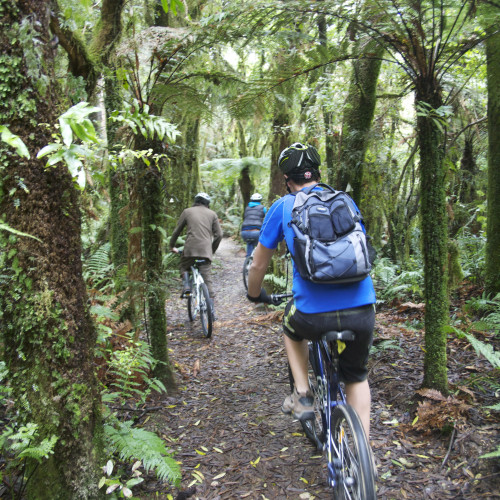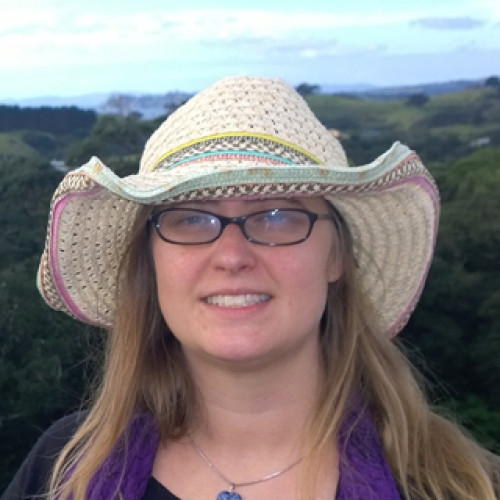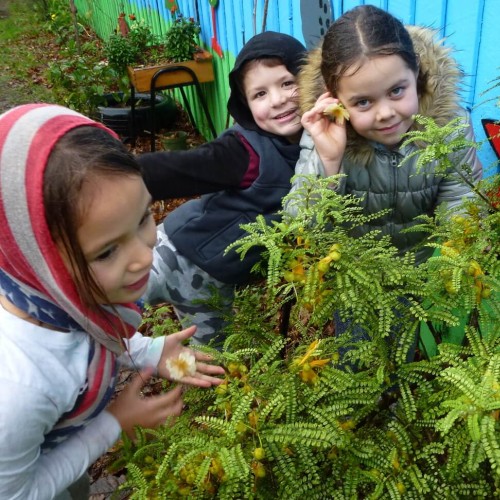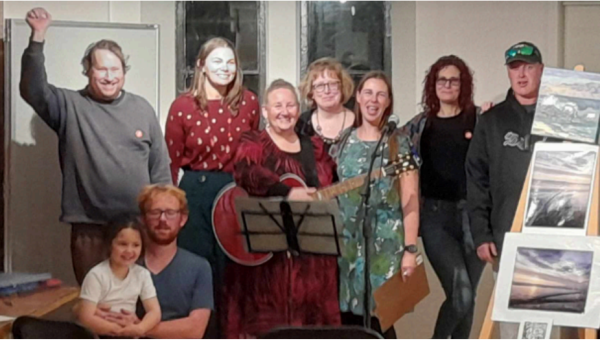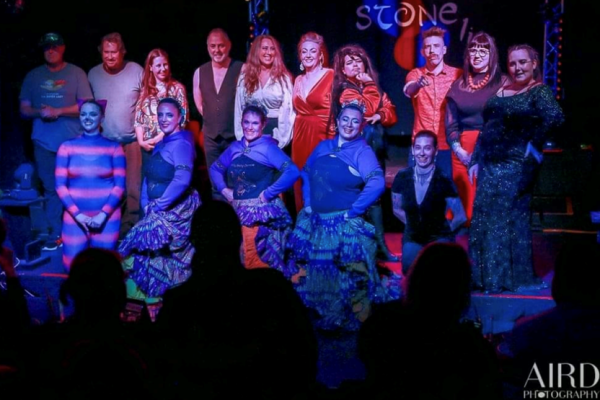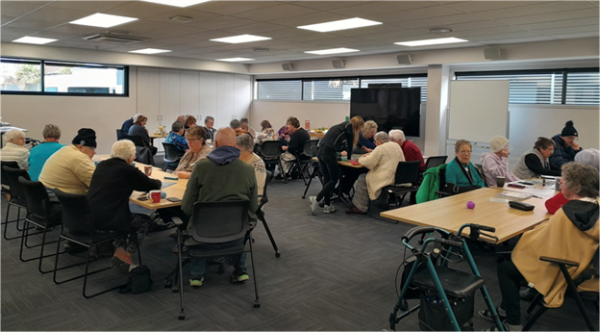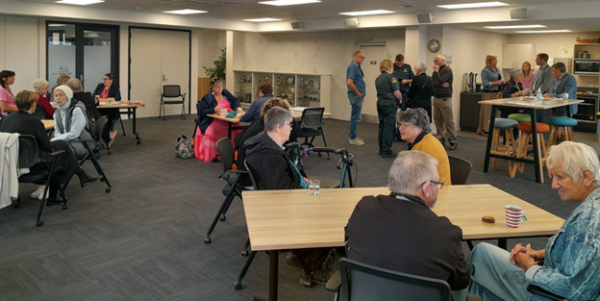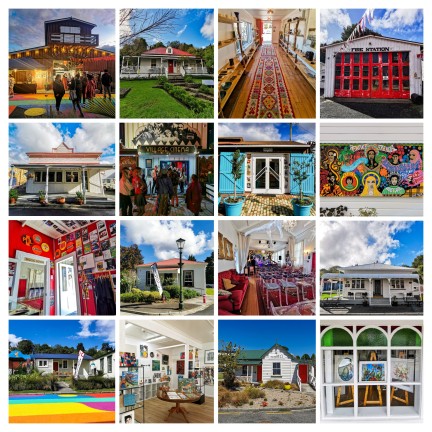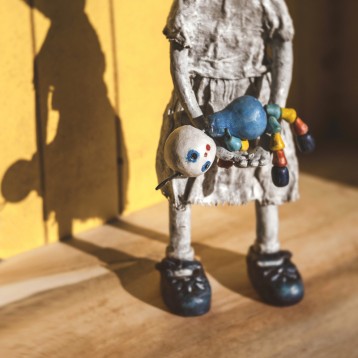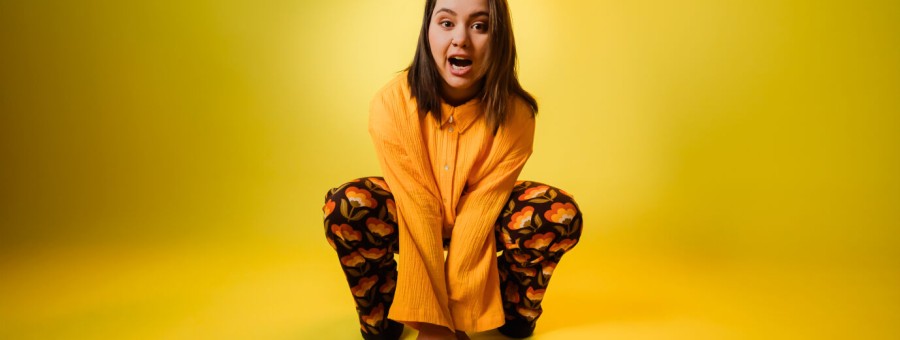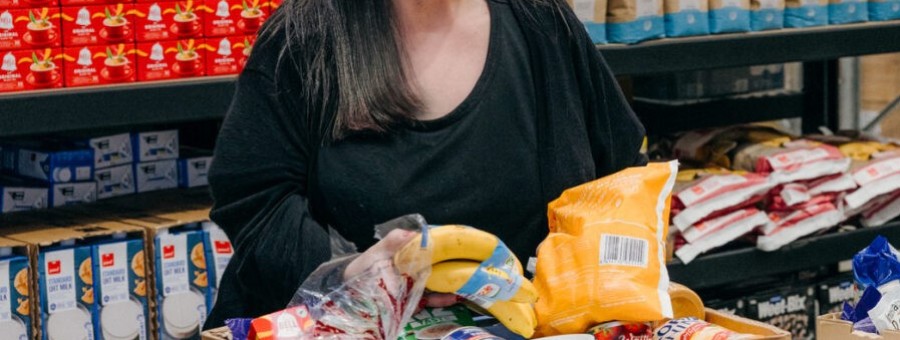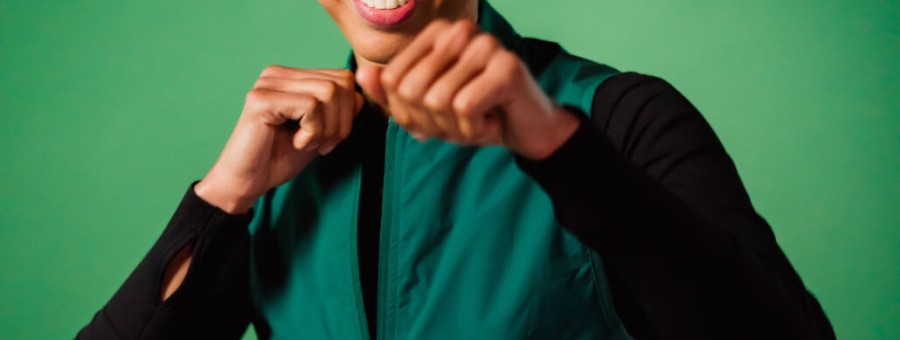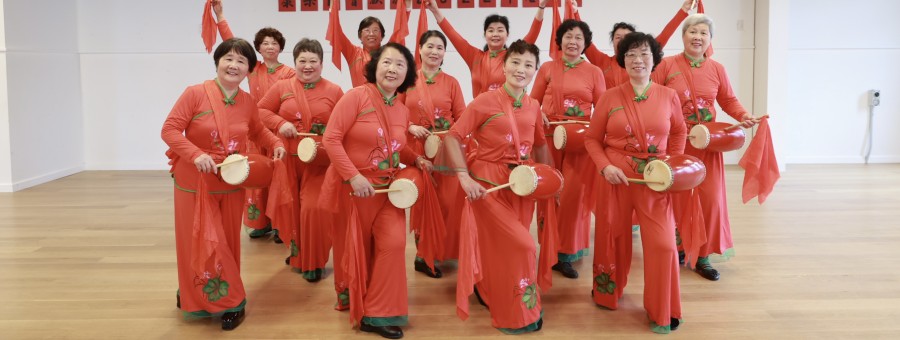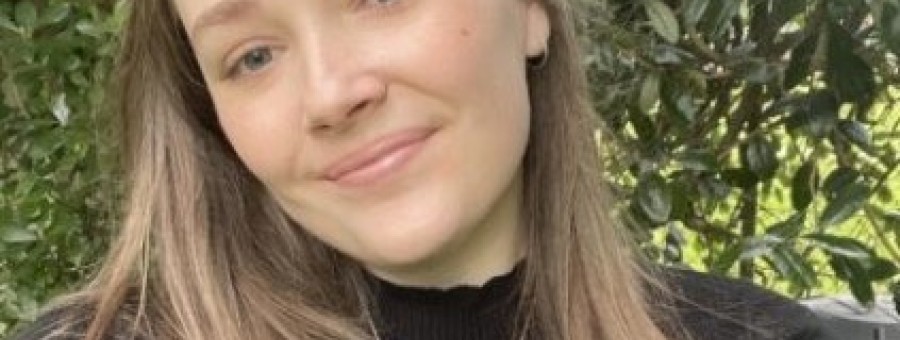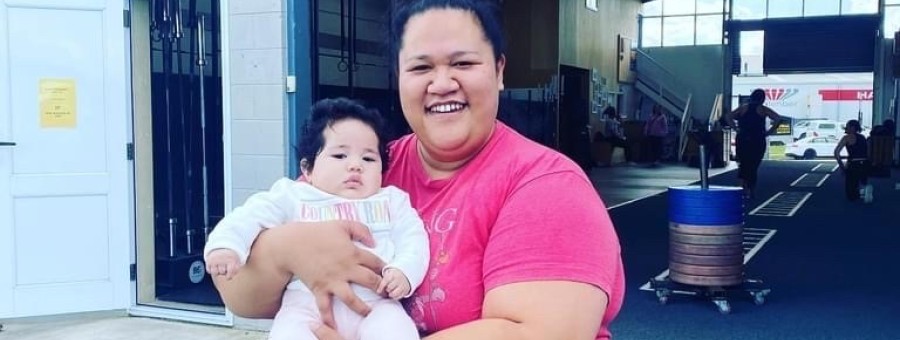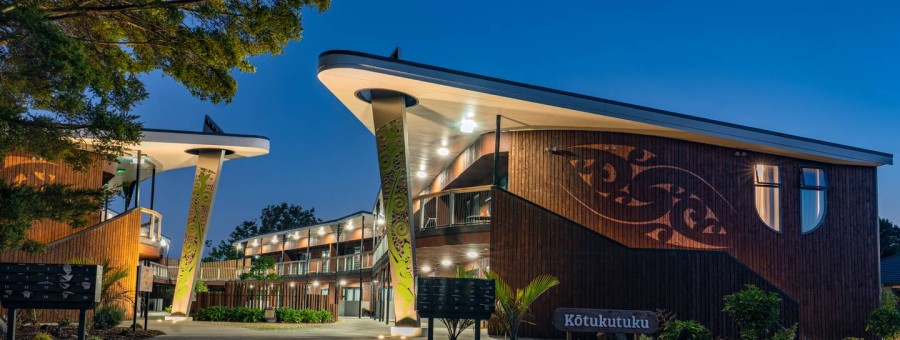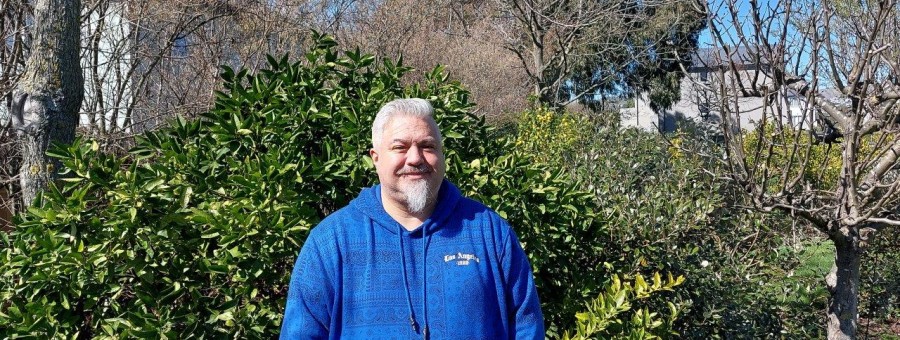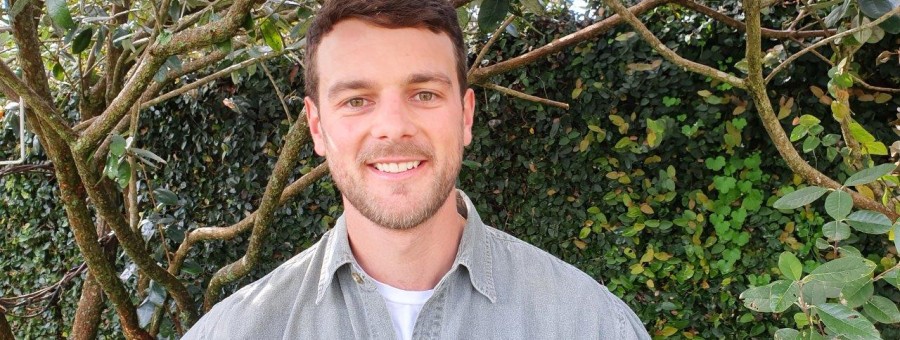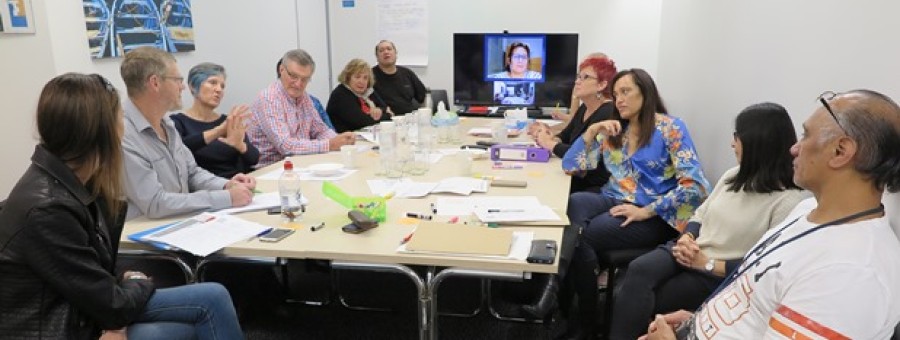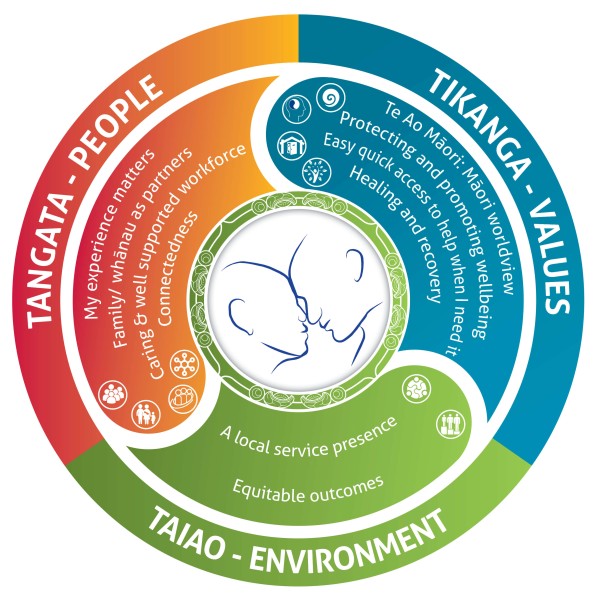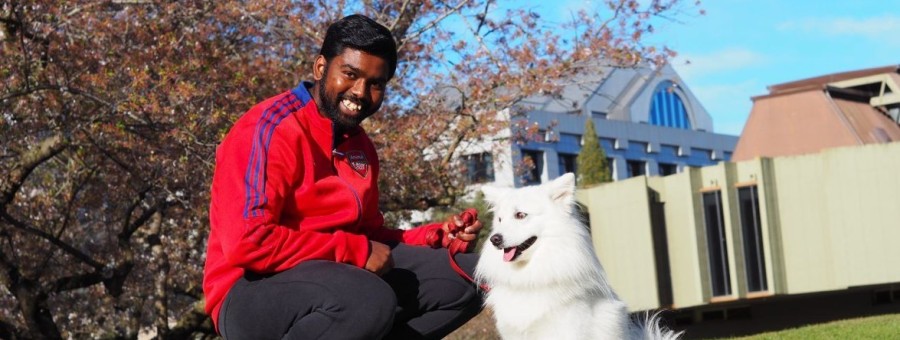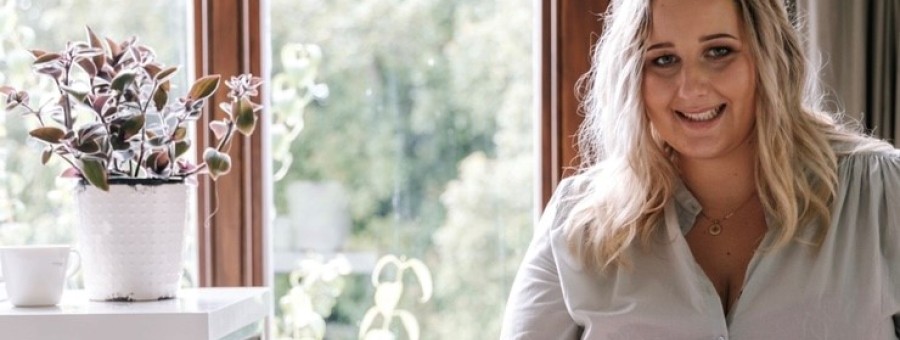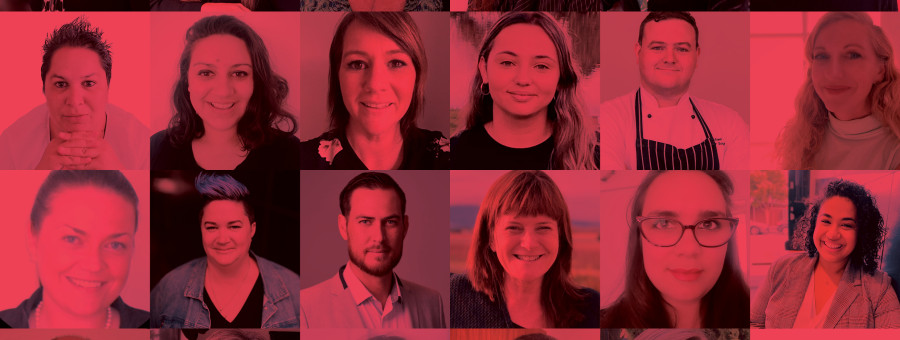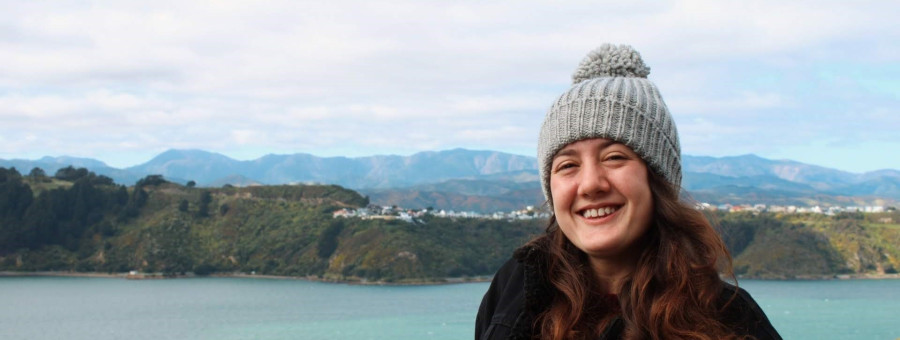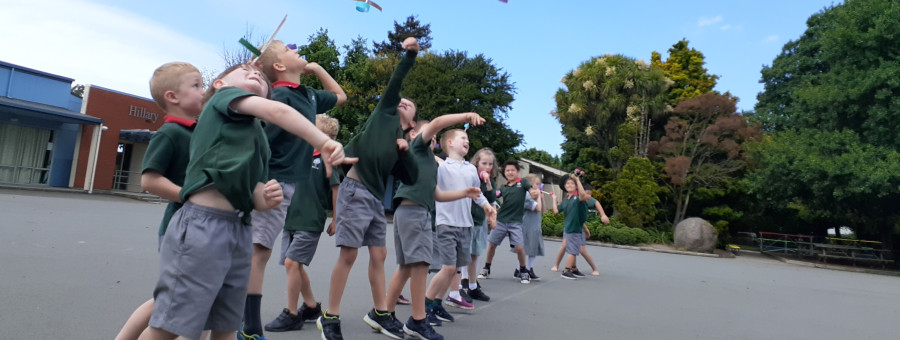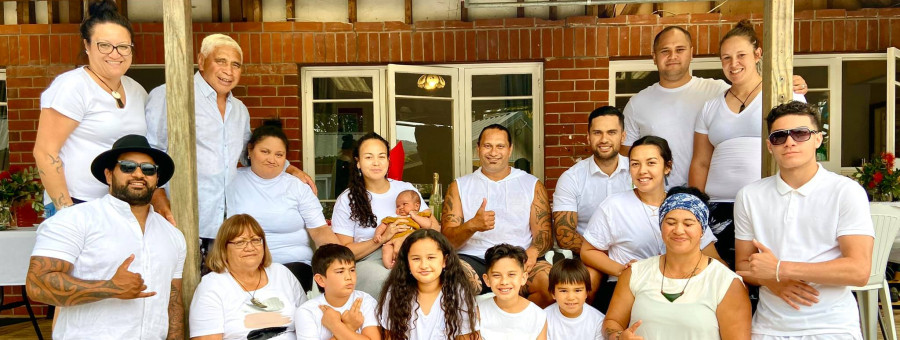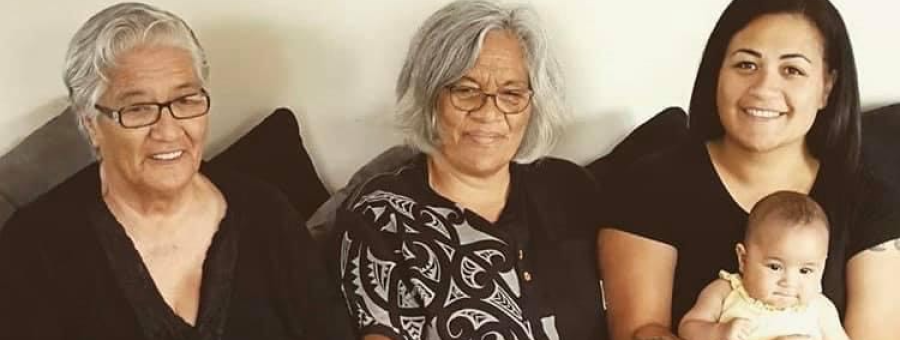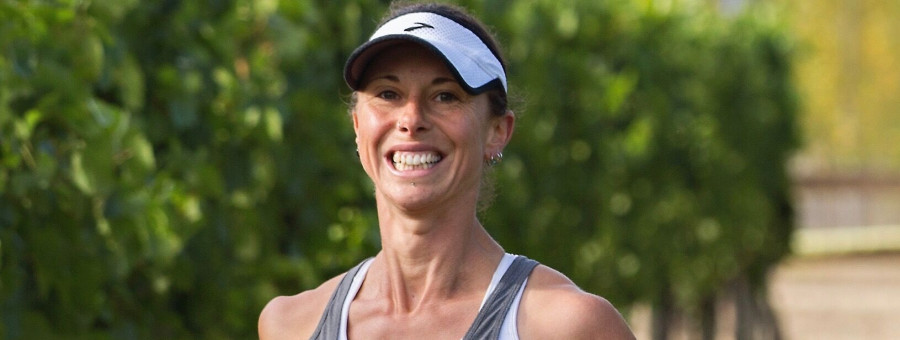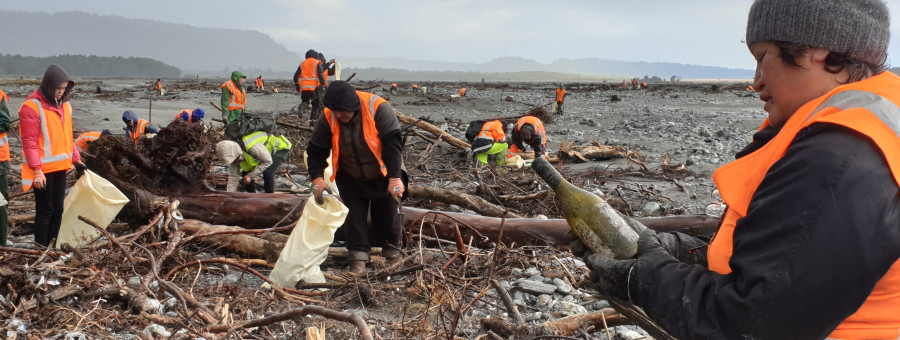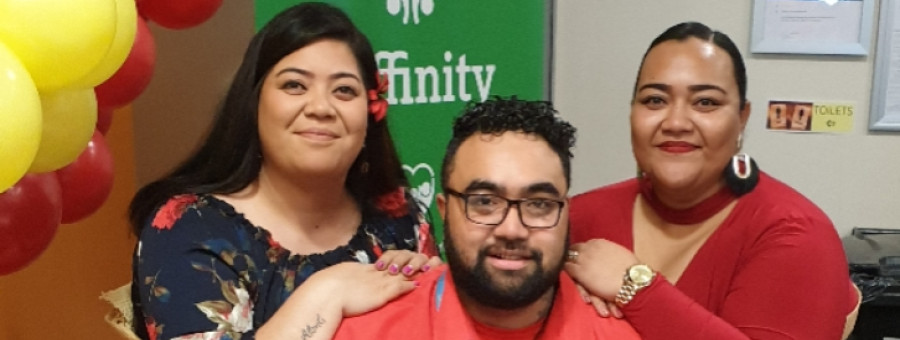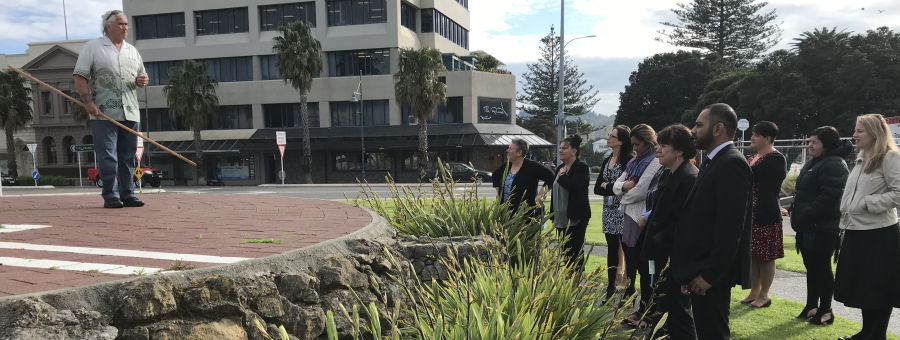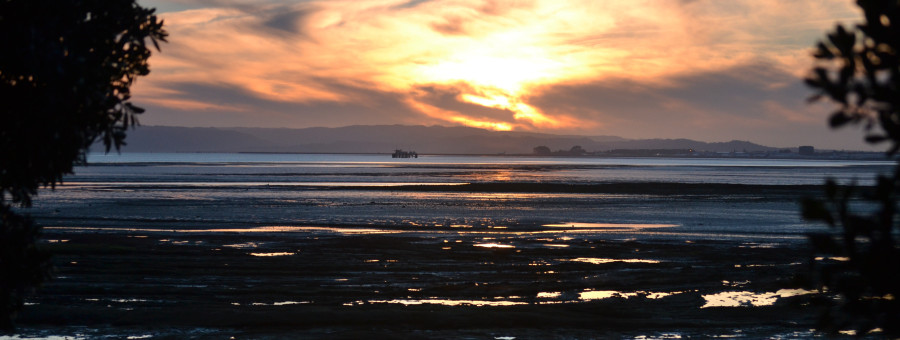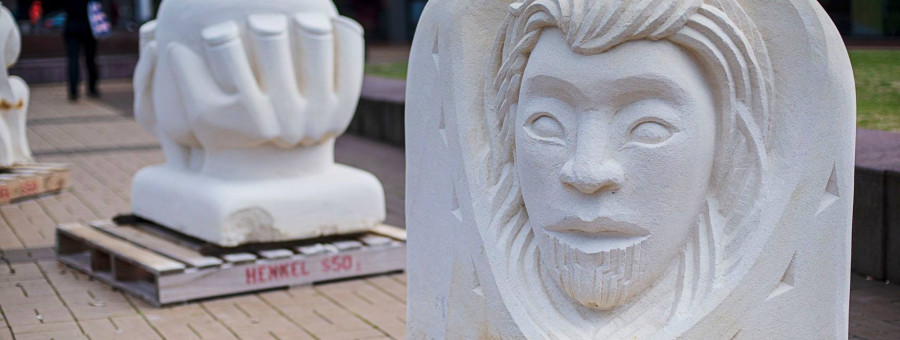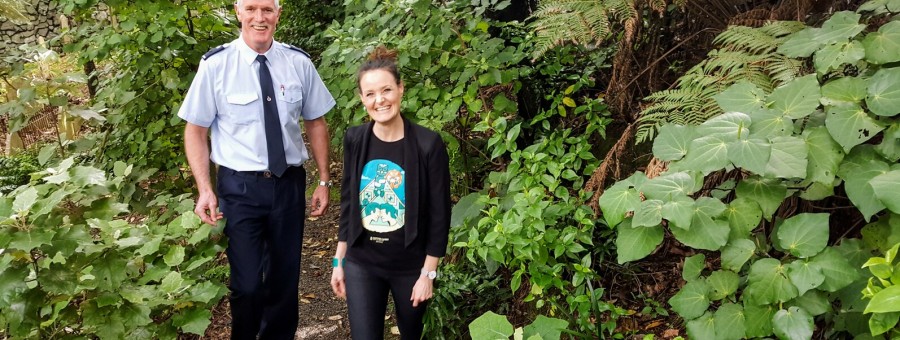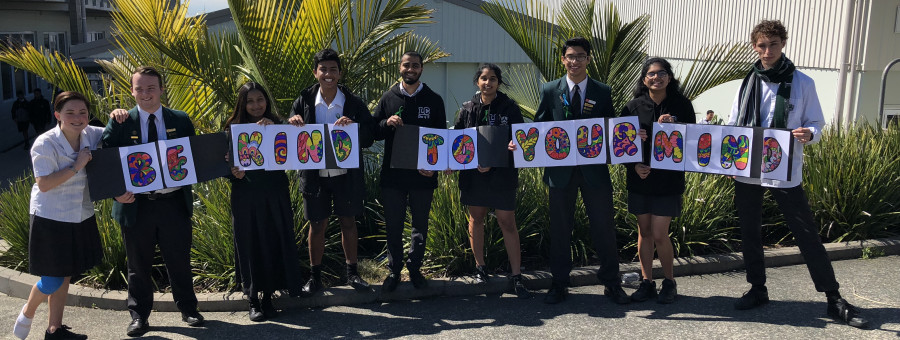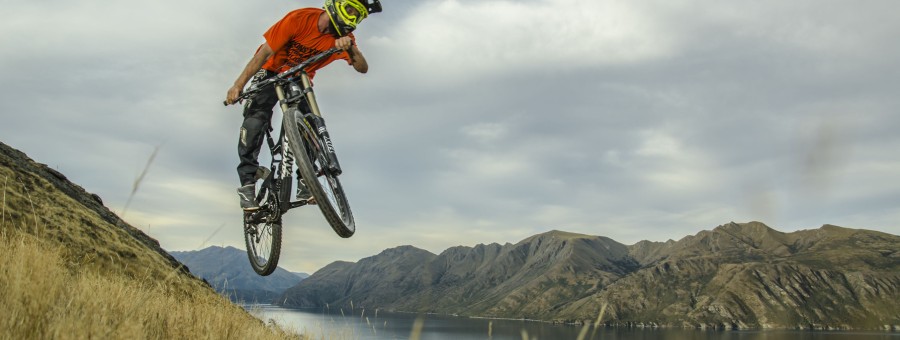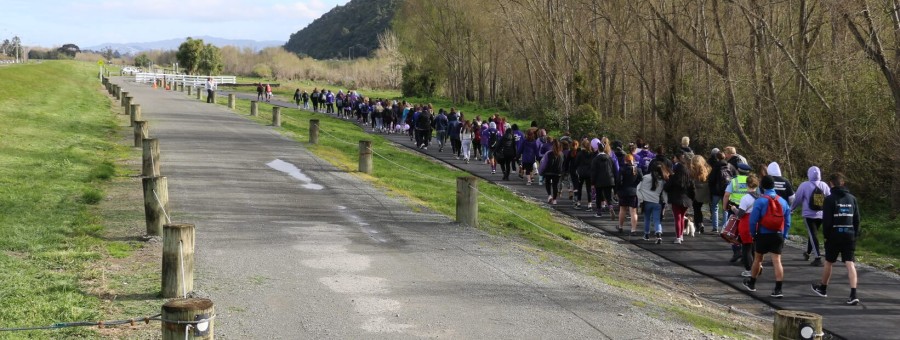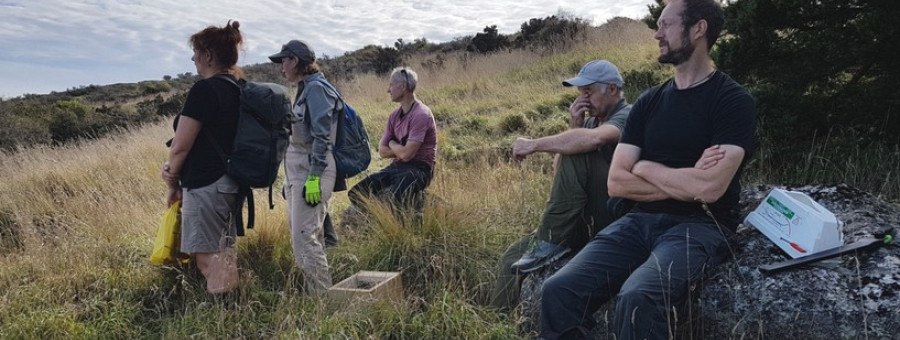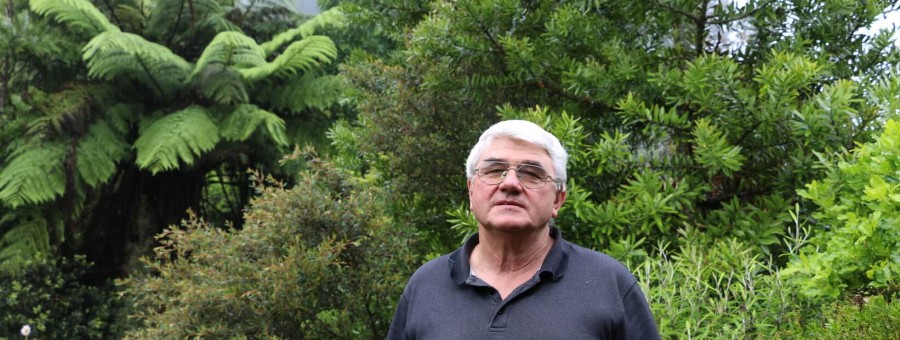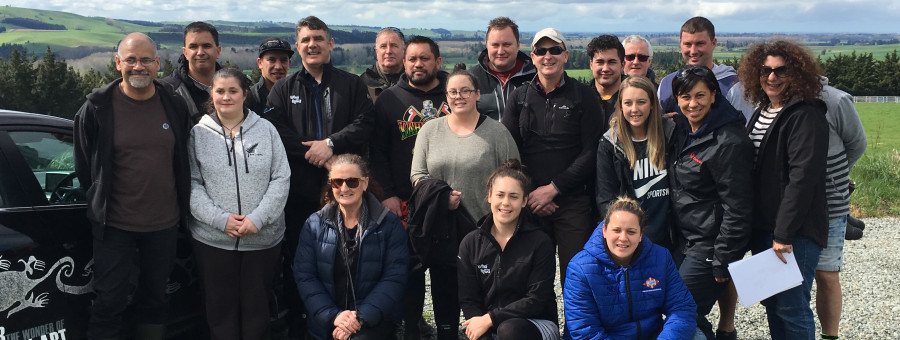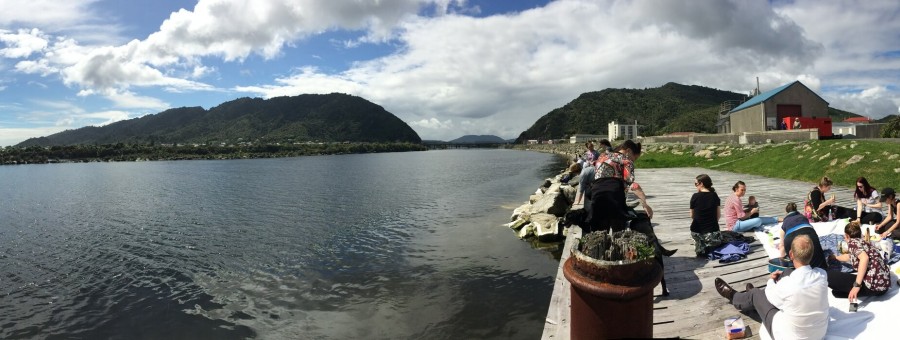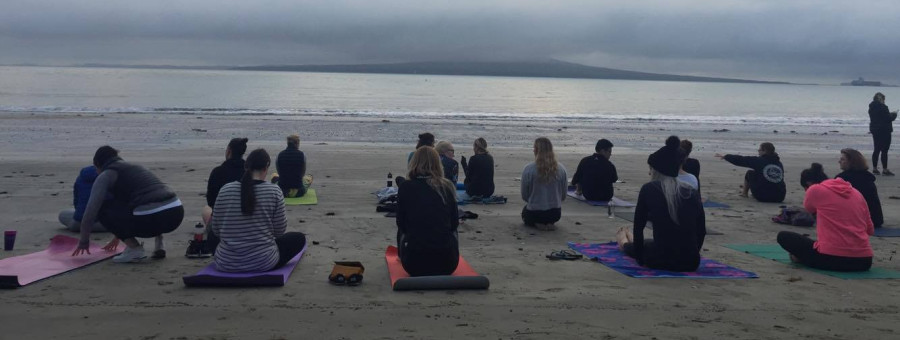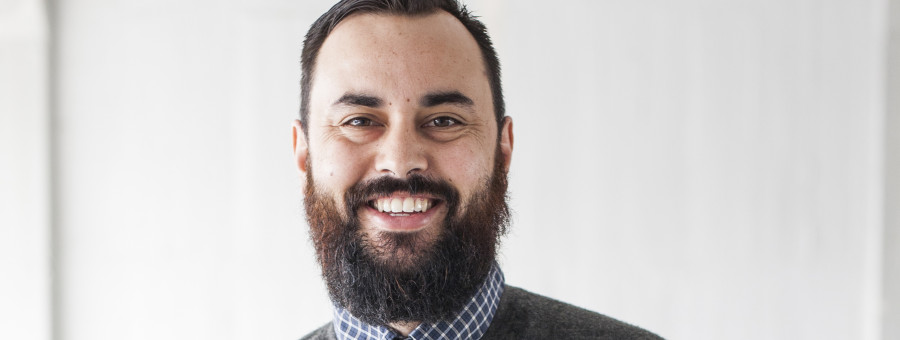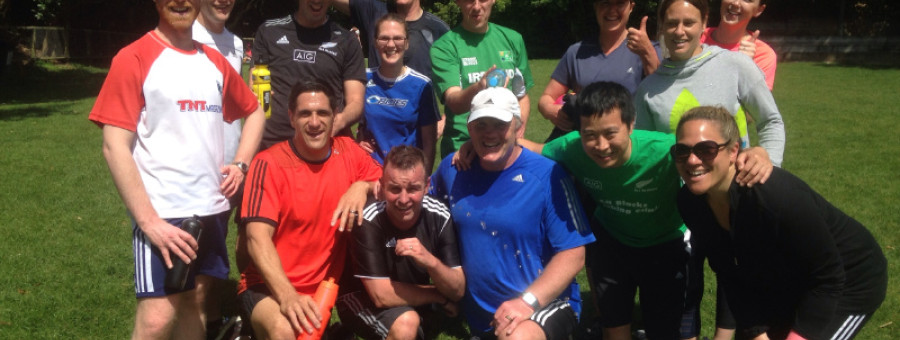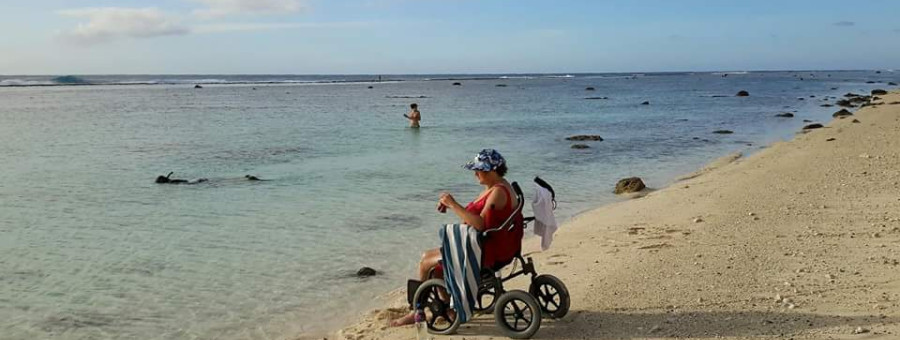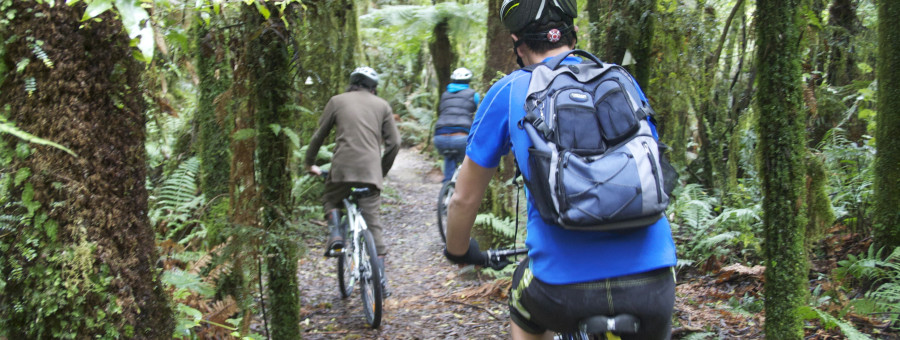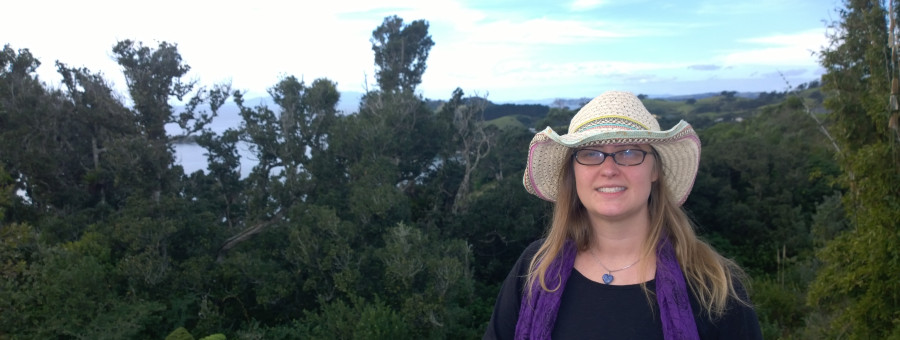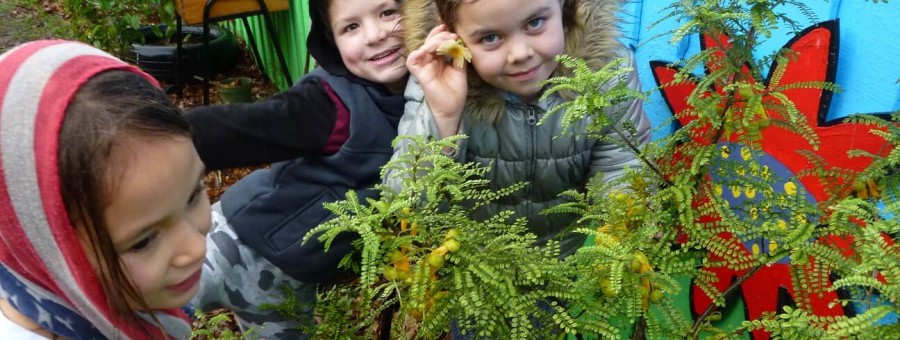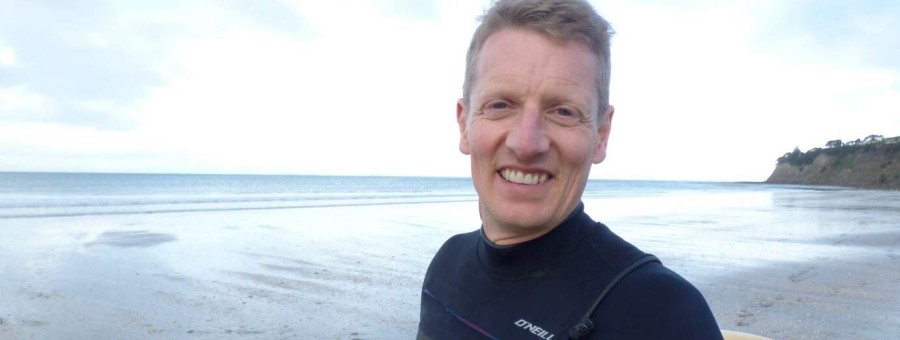When it comes to leading school children through a traumatic event, Ōtautahi/Christchurch teachers are well-equipped to the complex, long-term effects that can happen when kids are exposed to unexpected situations, again and again.
Ellie Cherry and Nick Gunn, the Deputy Principals of Redwood Primary School Secondary and Junior years, are very aware from their years of teaching that you should take the full whānau into account when it comes to working out what’s best for the individual.
It’s the same whether they’re dealing with a kaimahi/staff member or a tauira/student, Ellie says.
“We’ve always had a real awareness of the pressure that families are under. Just being aware of how fragile other people’s mental health can be and that everyone responds in a different way. Like the prime minister keeps saying: ‘Just be kind’. It’s that simple.”
Ironically, the beginning of 2020 looked like it was going to be a settled year for Redwood Primary School. The school, located in North Canterbury, was finally due to undergo a rebuild, as one of the last schools to be redeveloped the September 2010 earthquake.
“We’ve been walking over the same uneven paths that have been there for the past 10 years,” Nick says. “We’re kind of living in that past a little bit – it’s not dreadful, but there are still viable signs. Everyone in Christchurch has that kind of shared experience.”
The community feel – and the knowledge that banding together is key for resilience – was part of Redwood Primary School’s immediate response to the challenges that have come with Covid-19.
“Prior to going into the first lockdown, we met as a leadership team and we identified whānau that might need some extra support,” Ellie says. They also did the same with staff members who might be isolated during noho rāhui/lockdown.
The school also kept their expectations flexible when it came to what home learning would look like for tauira and their whānau. The school community is a “snapshot of New Zealand”, with a mix of whānau with two working parents, solo-parent whānau, whānau that rely on benefits, or whānau where a parent is an essential worker.
There were also some whānau that had internet/computer devices at home, and some that didn’t. They split the work to about 70% offline, 30% online, to keep the pressure off families without resources.
“We tried to make the experiences as holistic, practical and helpful as possible. Activities like cooking, or helping a friend or neighbour, or walking someone’s dog, as well as more academic tasks.”
For the majority of whānau – as well as the teachers – it was a shift that was thoroughly enjoyed and the school are now looking at ways to bring elements of that teaching into the normal curriculum.
“It was really heart-warming listening to the kids and the kind of stuff they had done – and the joy they got out of it,” Ellie says. “For a lot of them, being able to spend that much time with their families was a real positive.”
For Mental Health Awareness Week on 21-27 September, Redwood Primary School will be incorporating one activity each day from Sparklers – a wellbeing toolkit for schools developed in partnership with the Mental Health Foundation.
Sparklers has long been a tool used by Redwood Primary School, particularly during their response to Covid-19. When it comes to reimagining wellbeing – the theme for this year’s Mental Health Awareness Week – Nick and Ellie say it’s about highlighting the fact that tauira already know what to do to keep themselves well and safe.
“After the earthquakes, we had a lot of chats about the positive side of things – reminding kids of all the things we did well,” Ellie says. “We say ‘I know the earthquakes are scary, but we know how to be safe, because we were safe in the other earthquakes, and these are the things that we did’.”
That empowering idea works just as well in a Covid-19 environment, Ellie says – looking at what is within our control – such as handwashing, Ellie says – and celebrating that.
“We know how to do this, we’ve done it before, and we’re superheroes at it.’”

